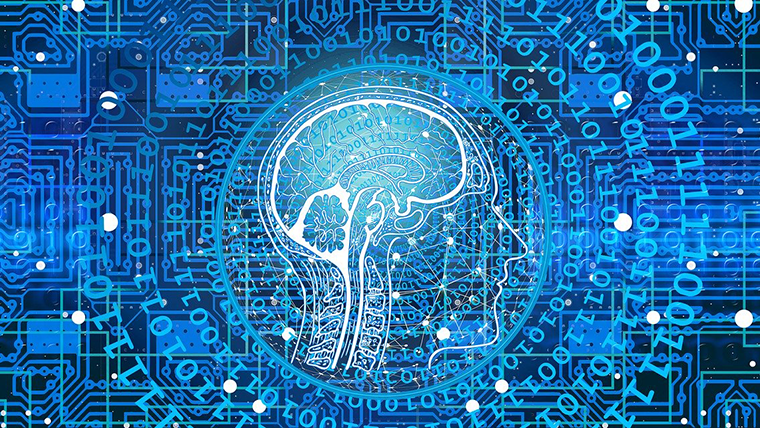
| 

We’re all becoming increasingly aware of the risks which companies are facing in terms of recruitment fraud. In one recent study, 80% of CVs were found to have some sort of inaccuracy on them, from a slight grade increase on one exam result through to a wholesale fabrication of previous jobs. For most companies, the only way of checking up on people who have applied for jobs with their organisation is to ring up previous employers, check industry databases, look at social media accounts or chase up references. But could advances in artificial intelligence soon provide a better way of going about the process?
What Can AI Do?
Artificial Intelligence is already playing a valuable role in fraud detection in other industries. Most of us will have experienced getting a call from our credit card company or bank, asking if it really was us making a certain transaction. This is all down to artificial intelligence looking at patterns, working out what’s normal and what raises a red flag. The amount of data flowing through a financial services organisation is just too plentiful for someone to trawl through and try to spot when something isn’t right. Could the same principles be applied to recruitment fraud too?
Highlighting Key Risks
Data can help highlight the areas in a business which are at higher risk of fraud and losses. This can be done by looking at data from all over the world, comparing which departments in businesses suffer higher losses on average. Looking at data from companies with similar structures and in a similar industry could help highlight weak spots in your organisation and will help you identify which positions might require a higher level of checking than others.
Once you have recruited employees, AI can also be used in the same way as it works to identify unusual transactions on a credit card. Artificial intelligence can look at every transaction flowing through your business to help spot an anomaly, or perhaps help identify when staff are looking at customer files when they shouldn’t be. This type of software could help provide an early warning of something going wrong in your business, before you start to incur heavy financial losses.
Analysing Applicants
There is also some evidence that tech companies are going one step further, by using software to help analyse words and phrases used by applicants on cover letters or in application forms, or even by analysing facial expressions when candidates are filmed giving their responses to a set of standard questions. The idea is to compare traits exhibited by candidates against responses given by previous successful applicants in the same organisation. However, it’s not all plain sailing with AI. Many companies have already abandoned the technology in favour of more traditional methods as the AI software has in some cases discriminated against women, or people from ethnic minority groups. But as computers get smarter, and recruiters start to appreciate how useful they can be in identifying trends, the use of AI will be increasingly common in all recruitment decisions.


